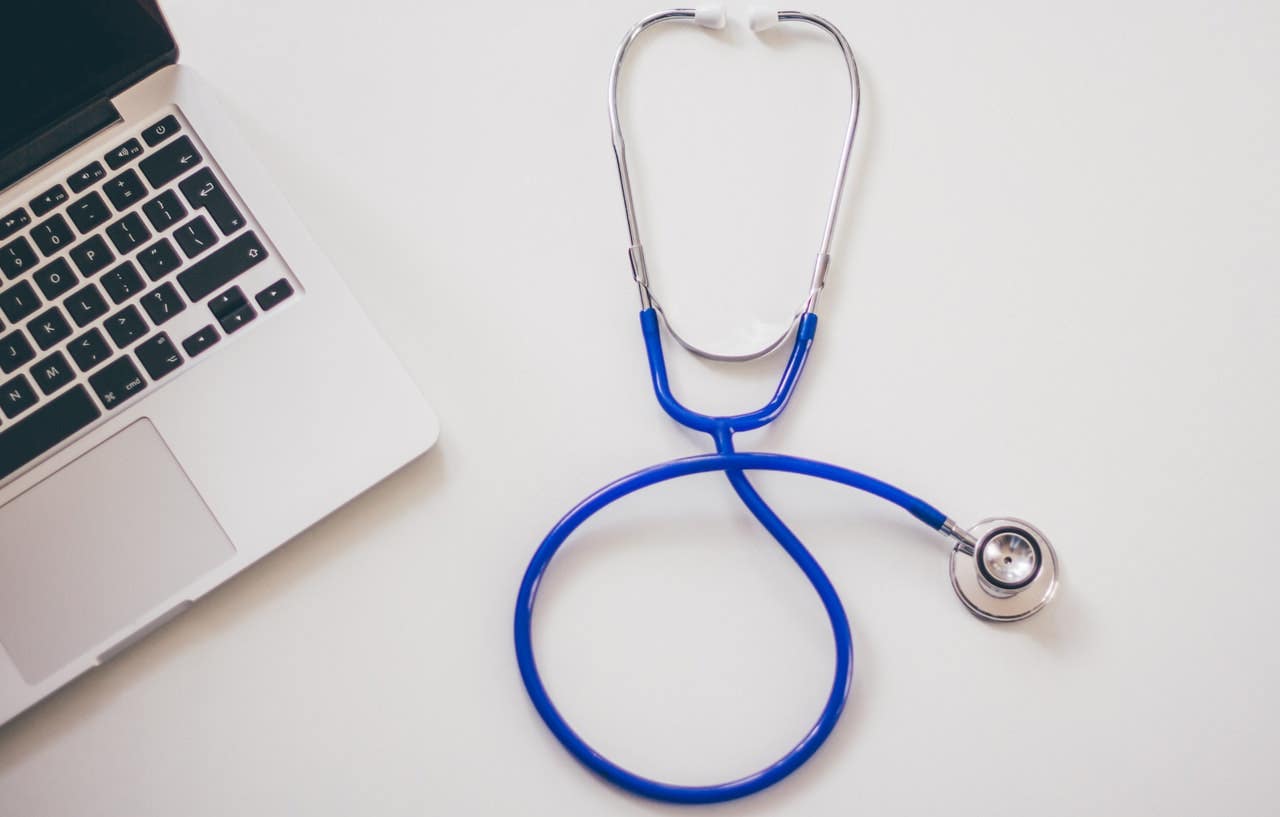
How to Become a GP
How to Become a GP
Want to study medicine and are interested in the GP career path? There are plenty of reasons to want to become a GP, from helping the public to the more sociable hours they keep compared to other medical professionals. But what do you need to know about a GP’s career, and how does one become a GP?
What Does a GP Do?
GPs, also known as General Practitioners, are doctors. Healthcare workers are known as primary care providers as they’re often a patient’s first point of contact within the healthcare system.
GPs can deal with skin concerns to mental health issues and refer patients to specialists when needed. Consultations with patients often take around 5-10 minutes, with some of the working day spent filling out paperwork that includes medical records and prescription doses.
As well as dealing with medical issues as they come up, GPs often work as part of a wider team that might include nurses, pharmacists, physiotherapists, and other specialists to ensure the overall wellbeing of the community in which they’re based.
How Much Does a GP Earn?
According to the British Medical Association (BMA), full-time salaried GPs generally earn between £62,269 and £93,965 per year, with the average in 2020 being £63,600 per year. This is adjusted pro-rata for part-time roles.
GP partners, meanwhile, take on more responsibility for the overall running of the practice, which comes with an average salary of £121,800 per year.
Then there’s the option to be a locum GP, sometimes known as freelance GPs, locums are usually self-employed and temporarily cover for salaried GPs when they can’t work. A locum’s salary can range from around £64 an hour to as high as £187 an hour for specialist services.
Many GPs work for the NHS, but working in a private general practice is also possible. In these cases, GPs can earn more money, especially if they open their own practises.
What Qualifications are Needed to Become a GP?
Strictly speaking, there are no specific GCSEs and A levels you need to become a medical student. That said, many universities require science-specific subjects at A level courses before you can start medical school, such as Chemistry A-Level or Biology A-Level.
Once you’ve completed a medical degree, which normally takes five years to complete, you’ll need to complete a postgraduate foundation programme for two years. During this time, you’ll have the opportunity to try out various specialities, including general practice, whilst being supervised and trained by more senior colleagues. If you’ve already completed a science-related degree, you can take an accelerated 4-year graduate entry programme.
Then you can undergo specialist training, which can take around four years. During this time, you’ll complete one placement in a GP practice and one in a hospital to learn about the different specialities.
Whilst training, you’ll undergo workplace assessments and (hopefully) gain a Certificate of Completion of Training (CCT) from the General Medical Council (GMC). This is particularly important, as GPs need to be able to recognise and react to the whole spectrum of medical problems.
Once you have gained this certificate, you can register with the GMC to become a licensed GP in the UK and become listed on the GP register. You’ll also need to gain membership of the Royal College of General Practitioners (MRCGP), which requires passing three exams which are:
What Skills are Needed to Become a GP?
Whilst GP specialty training should prepare you for most medical conditions you’ll encounter. There are other skills that GPs need to succeed.
GPs often specialise further in areas that are likely to affect their patients. Some specialise in paediatrics, for example. That means that desire to learn throughout your career is hugely important, medicine is a constantly-evolving field, and it’s important that GPs are up to date! This is also important in terms of professional development, which can help to make a career more rewarding.
As GPs have to work within a wider team to decide what’s best for a patient, teamwork and good communication skills are vital. Problem-solving is another key skill, as many patients won’t know specifically what’s wrong with them. Active listening is also highly valued as GPs need to be able to read between the lines and interpret what patients mean.
Being detail-oriented is also a bonus, as you never know if an offhand comment might reveal a completely different diagnosis.
Does Becoming a GP Need any Work Experience?
To become a medical student, work experience in a general practice clinic or hospital setting may be helpful but is not obligatory.
Healthcare training is rigorous, and junior doctors must go through foundation training and placements before they can specialise in general practice and register with the RCGP. It is a kind of work experience but lasts years rather than weeks or months.
Career Prospects for a GP
Because doctors are in demand the world over, plenty of opportunities await qualified GPs. You could jet off to far-flung locations with Médecins Sans Frontières or work with a charity within the UK.
Continuing professional development is a core part of a GP’s life, as they need to stay up-to-date with medical changes. The GMC requires GPs to re-validate their skills every five years to demonstrate the continued ability to practise medicine. You can be a full- or part-time salaried GP, a GP Partner, or a locum GP.
Like any medical path, becoming a GP isn’t easy. The rewards, including the ability to help a community, work in an interesting and dynamic environment, and a fairly stable work-life balance, can make it an appealing prospect. We rely on our health services to keep us mentally and physically well and treat us if we fall ill. It’s a great career to consider if you want a more holistic role in patients’ overall healthcare and to give something back to a community.
Browse Healthcare Courses Now!

